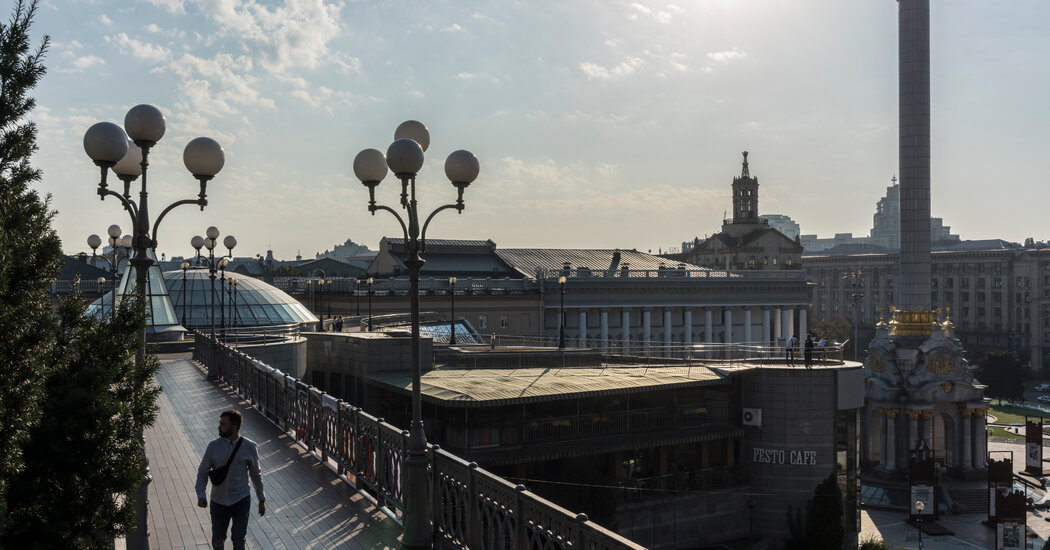Senior Russian officials said Thursday that an anticipated 69 percent leap in the country’s defense spending for 2024 is meant to assure that it wins the war against Ukraine, with arms spending expected to outpace the cost of government social services.
“The structure of the budget indicates that the main emphasis is on ensuring our victory — the army, the defense capabilities, armed forces, fighters — everything necessary for the front, everything necessary for victory is in the budget,” the minister of finance, Anton Siluanov, told an economic forum in Moscow.
“This is a significant strain on our budget, but this is our absolute priority,” he added.
Preliminary budget figures released recently indicated that spending on the military would triple next year compared to 2021, the year before Moscow’s full-scale invasion of Ukraine. The government has allotted some 10.8 trillion rubles, or more than $113 billion, for 2024, up from 6.4 trillion rubles this year and 3.6 trillion in 2021.
The amount earmarked for social spending, including pensions, benefits and other public subsidies, is set at 7.5 trillion rubles. It is the first time in modern Russian history that military spending will outpace social spending, according to Russian press reports, and the disparity may be even greater because some spending on defense is not reflected in the published figures.
Dmitri S. Peskov, the spokesman for President Vladimir V. Putin, defended the budget on Thursday, arguing that Russia required “high expenditures” because it was fighting a Western alliance, what it refers to as a “hybrid war,” rather than just Ukraine.
Since invading Ukraine in February 2022, the Kremlin has repeatedly sought to portray its bloody attempt to overpower its neighbor and annex its land as self-defense against the eastward expansion of NATO and the European Union. America provides about a third of direct weapons donations to Ukraine’s army.
Congress has approved about $43 billion in security assistance. The White House has requested from Congress an additional $24 billion for Ukraine.
“It’s clear that this increase is necessary,” Mr. Peskov told reporters in Moscow. “It is absolutely needed because we live in a state of hybrid war.”
Projected budgets for 2025 and 2026 show a drop in military spending, but economic analysts said continued investment in the manufacture of arms and ammunition will likely keep spending high as long as the war grinds on.
So far, high prices for Russian oil exports have helped the country’s economy weather stringent economic sanctions imposed by Ukraine’s allies to punish it for the invasion. Still, high military spending would likely have a detrimental effect on living standards over the long term, analysts said.
“Expenditure on this scale leads to the expansion of groups that benefit from war — soldiers and their families, the military-industrial complex, military officials — and a reduction in income for everyone else,” Boris Grozovski, a Russia analyst, wrote in a blog post. “Extending the war will result in a gradual decline in living standards in Russia.”


